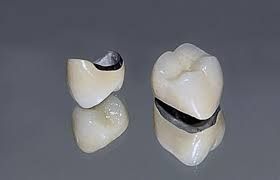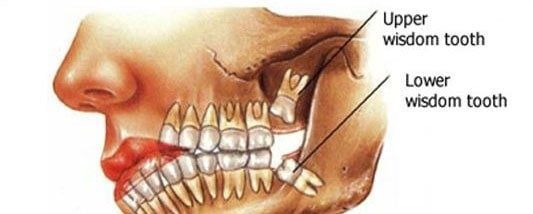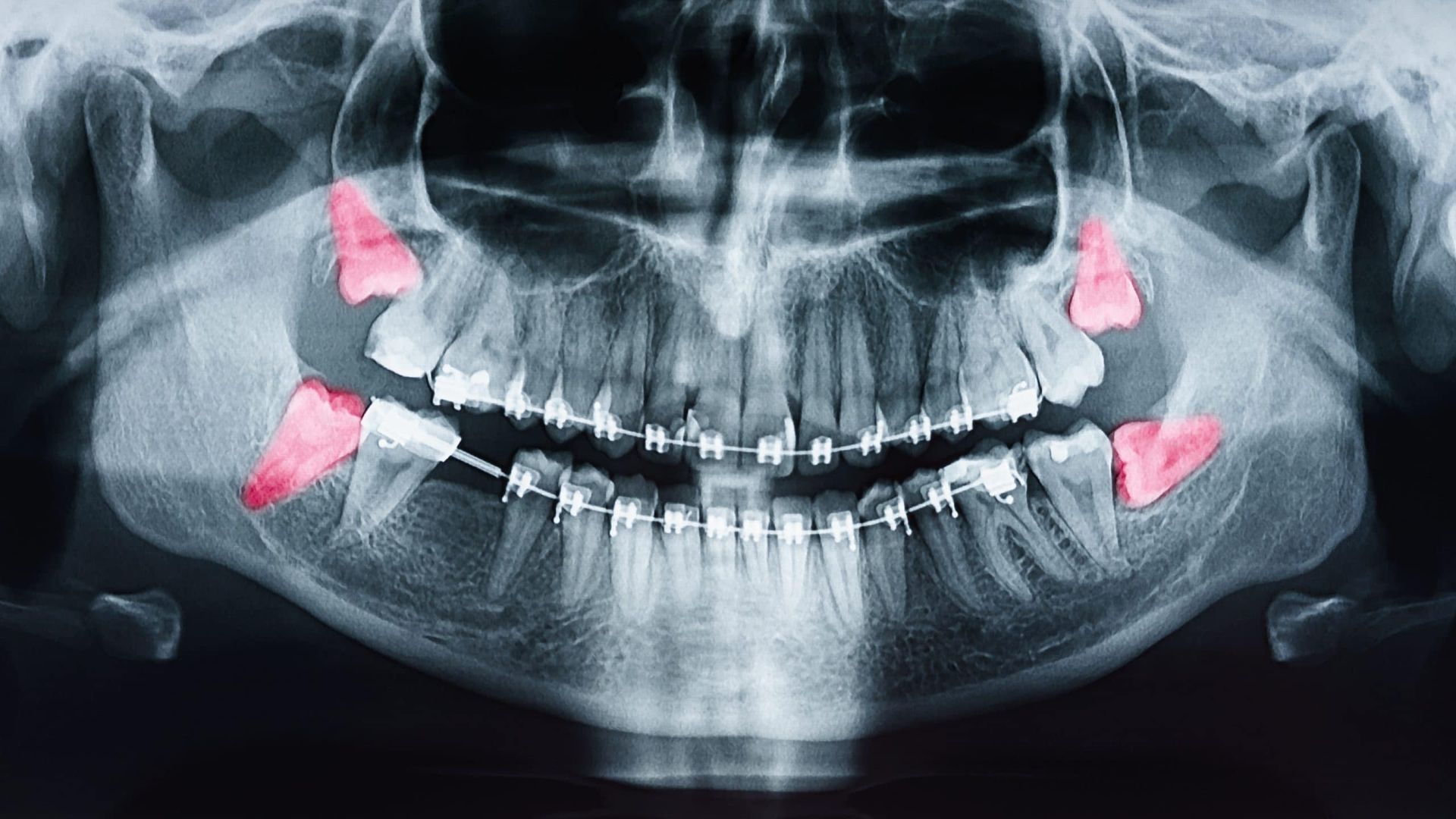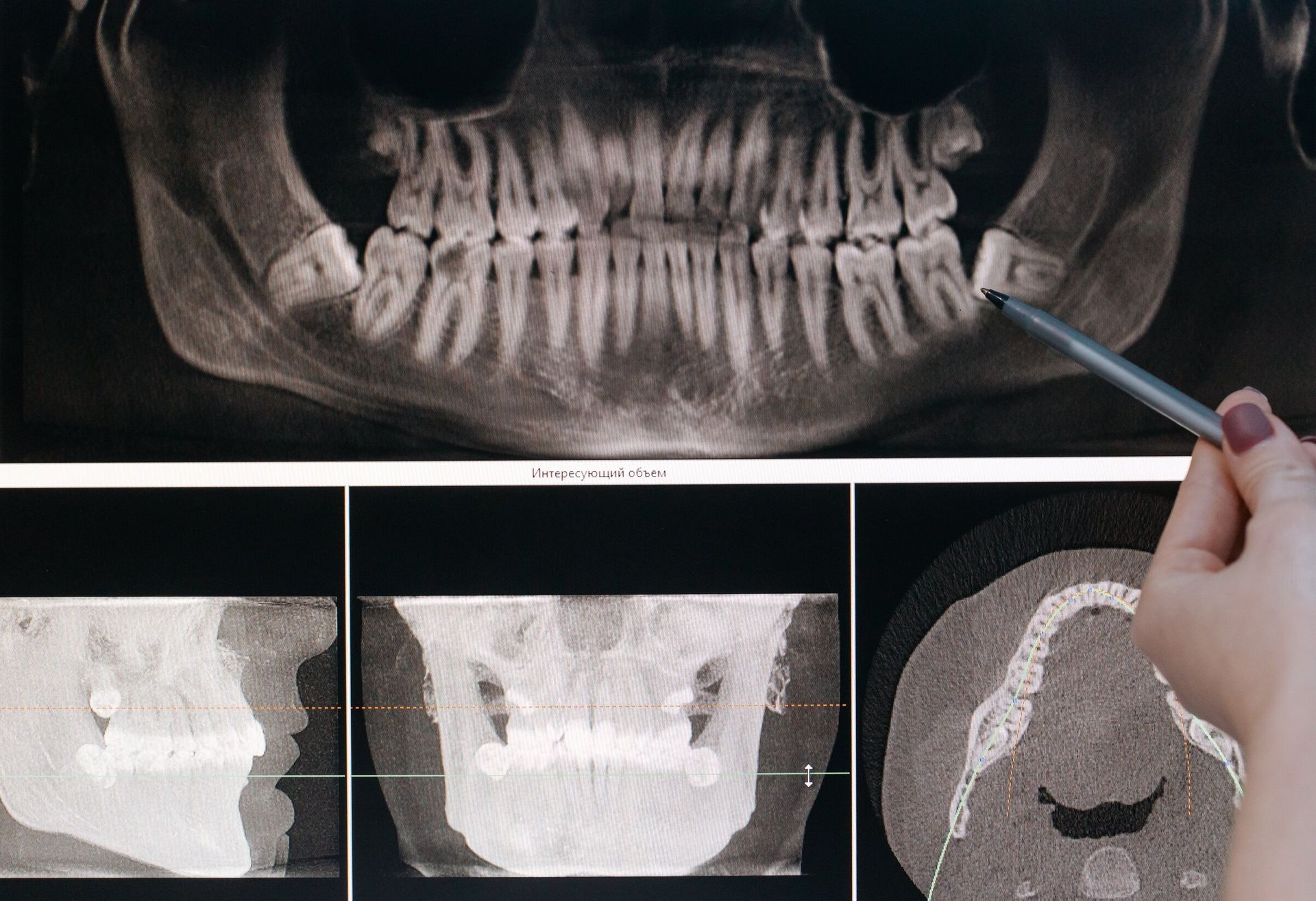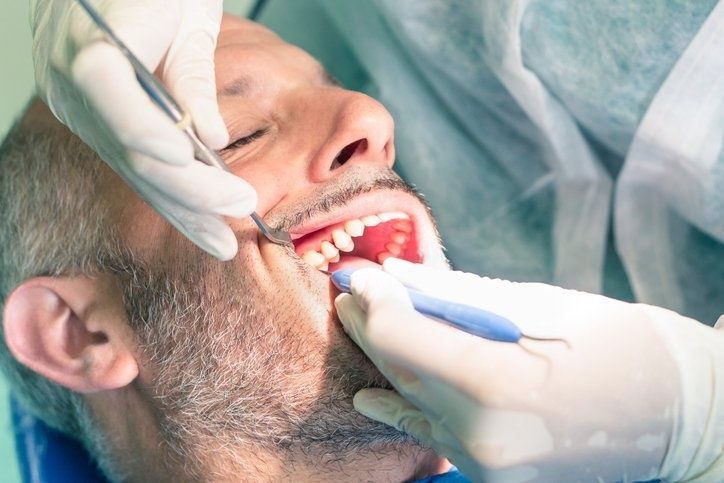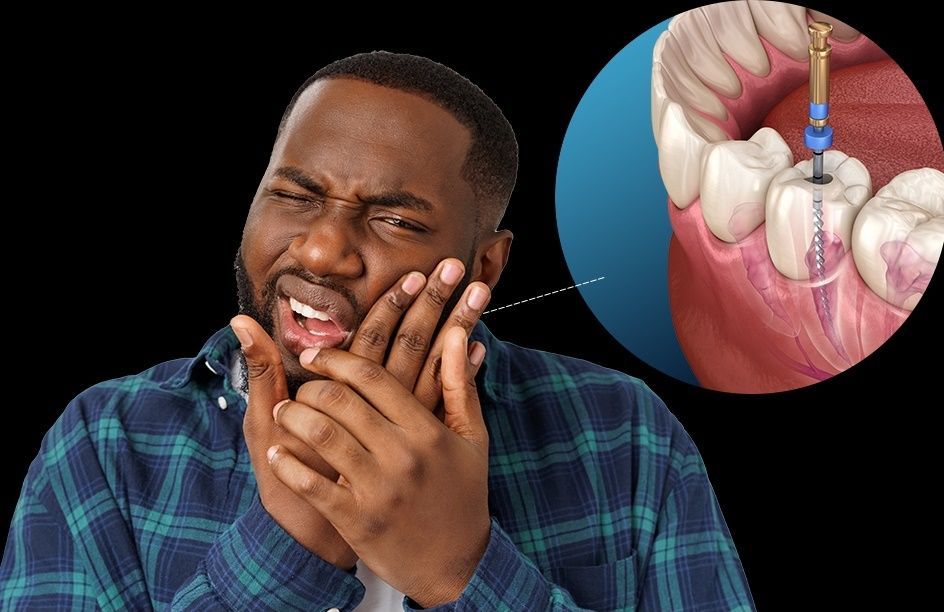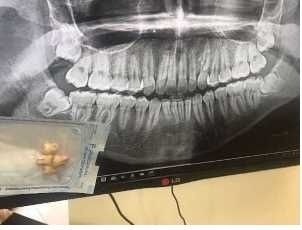For people with inflammation or infection in the roots of a tooth, root canal treatment can relieve pain and protect the tooth from further damage. The procedure itself is relatively straightforward and will take one to two appointments to complete. While root canal treatment is a simple, common procedure, it isn't completely pain-free—as with any procedure, you may feel some discomfort for several days afterward. It's important to follow the post-op instructions that your dentist provides you with. This is especially the case for people with a temporary filling or crown in place. These instructions will help you manage your pain and take care of your tooth. In this guide, we'll explain everything you need to know about proper post-op root canal care, so you can stay comfortable during the recovery process and heal correctly.
General Tips
If you try to eat before the numbness in your mouth fades, you might accidentally bite your cheek or tongue. For this reason, you'll want to avoid doing so immediately after your procedure. You should also avoid biting down on the treated tooth until it's been completely restored. To avoid infection, don't forget to brush and floss as normal.
You should also make sure to return to your dentist for a final crown once your root canal and follow-up appointments are complete. This crown will cover the tooth and keep it from breaking. You should schedule this appointment immediately after your final treatment.
How to Mitigate Pain
It's completely normal to experience slight discomfort in the days following your appointment, especially when you're chewing. This discomfort may include tenderness and mild soreness in your jaw. Luckily, these symptoms won't last forever. They'll normally subside within several days, but in rare situations, they can also persist for a week or two. Until they go away, you can control them by using the pain medication prescribed by your dentist or with over-the-counter pain medication such as Motrin or Advil. To reduce pain and swelling further, you can rinse up to three times a day using warm saltwater.
Of course, not all pain is normal. If you're experiencing any of the following symptoms, you should contact your dentist immediately:
- Severe pain or pressure that lasts longer than a few days
- Swelling inside or outside your mouth
- An allergic reaction to the prescribed medication
- An uneven bite
- The temporary crown or filling falls out
How to Protect the Tooth
You want to make sure to protect your tooth after root canal treatment. If you don't follow the proper post-op root canal care guidelines, the temporary filling or crown could fall out, or the tooth could be otherwise damaged. To protect your tooth, you should take certain precautions when eating. These precautions include:
- Avoiding sticky foods, such as gum, and hard foods, such as nuts
- Chewing on the opposite side of your mouth
If you need a root canal in Riverview, Florida, Dr. Chris Castellano can help. Our experienced dentist and team will keep you comfortable during the entire procedure and make sure it's performed right. Contact us today to schedule an appointment!
